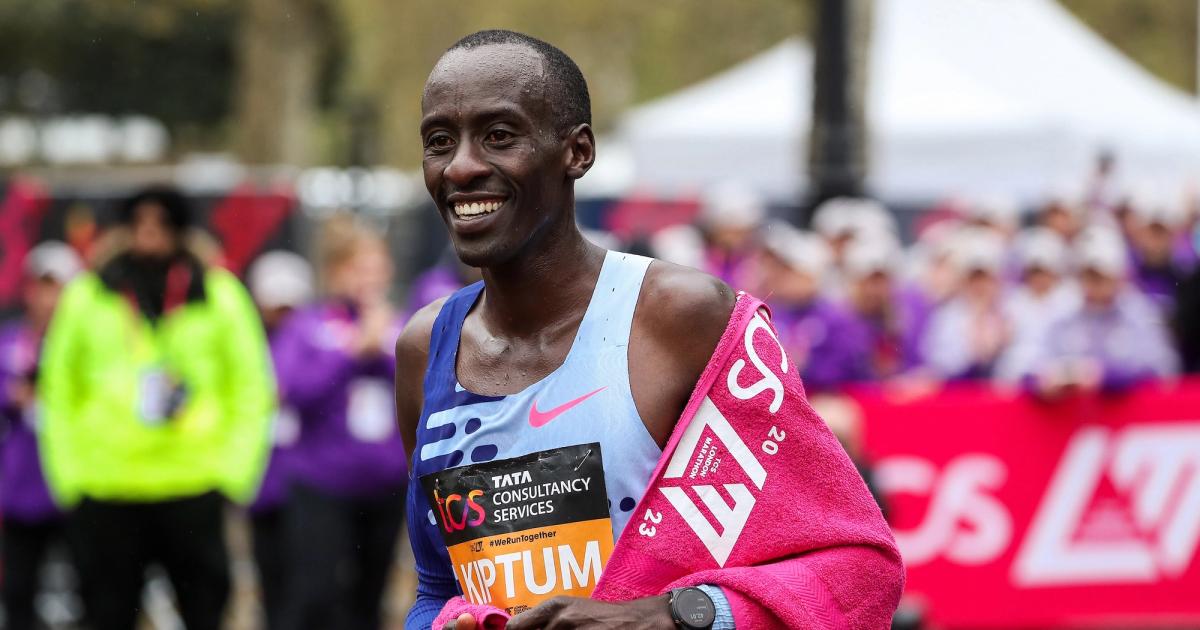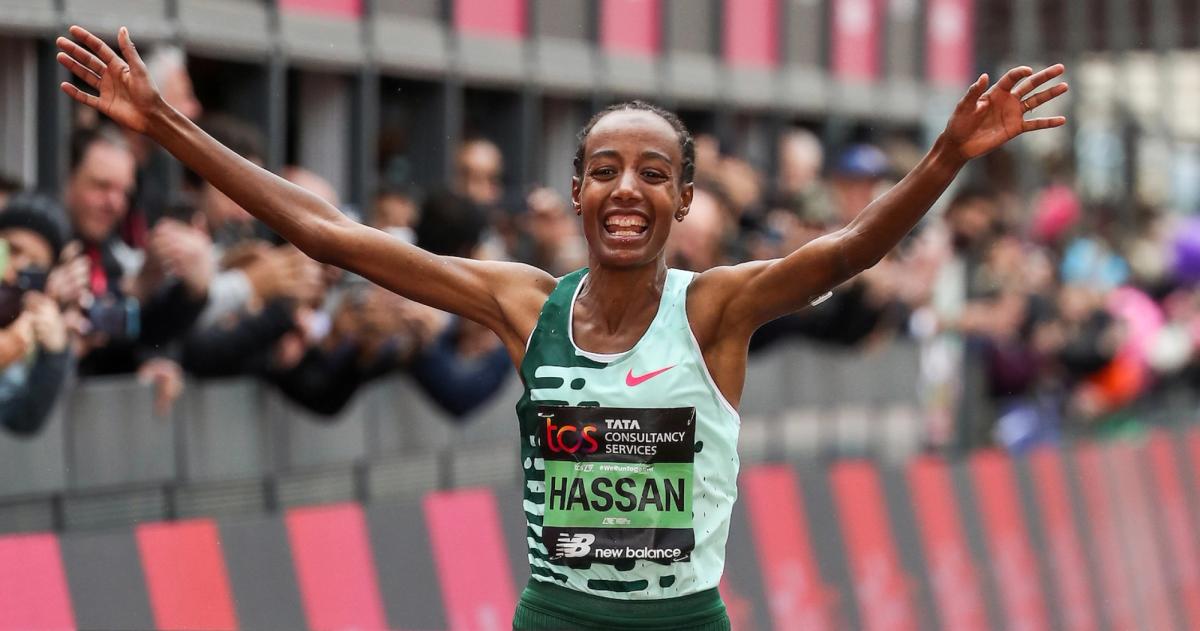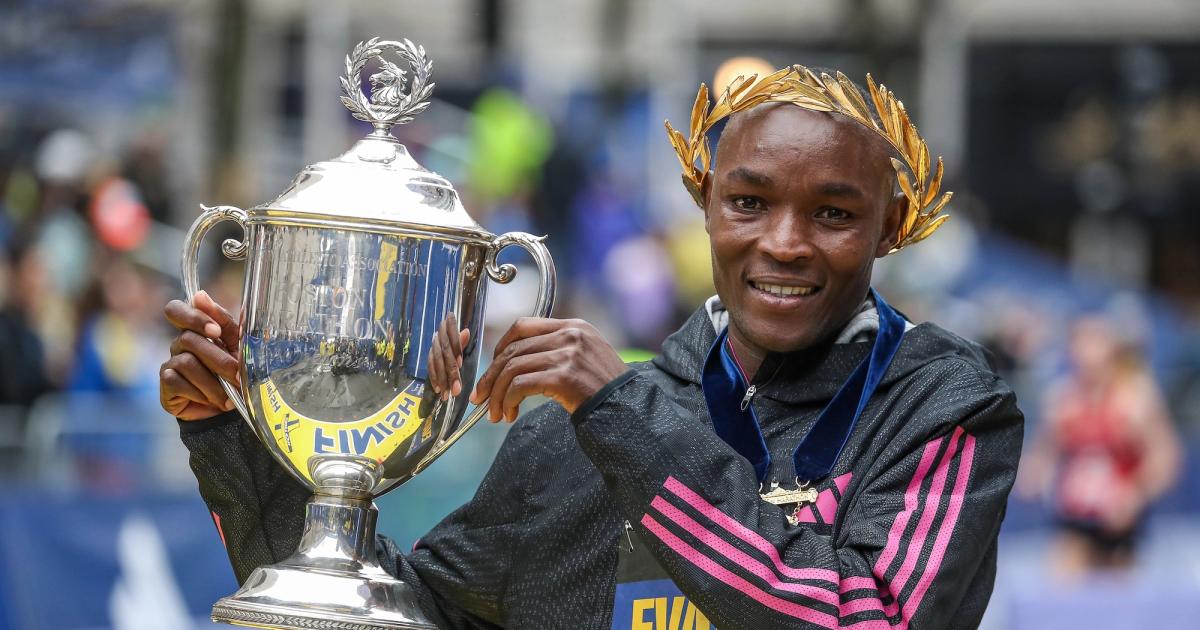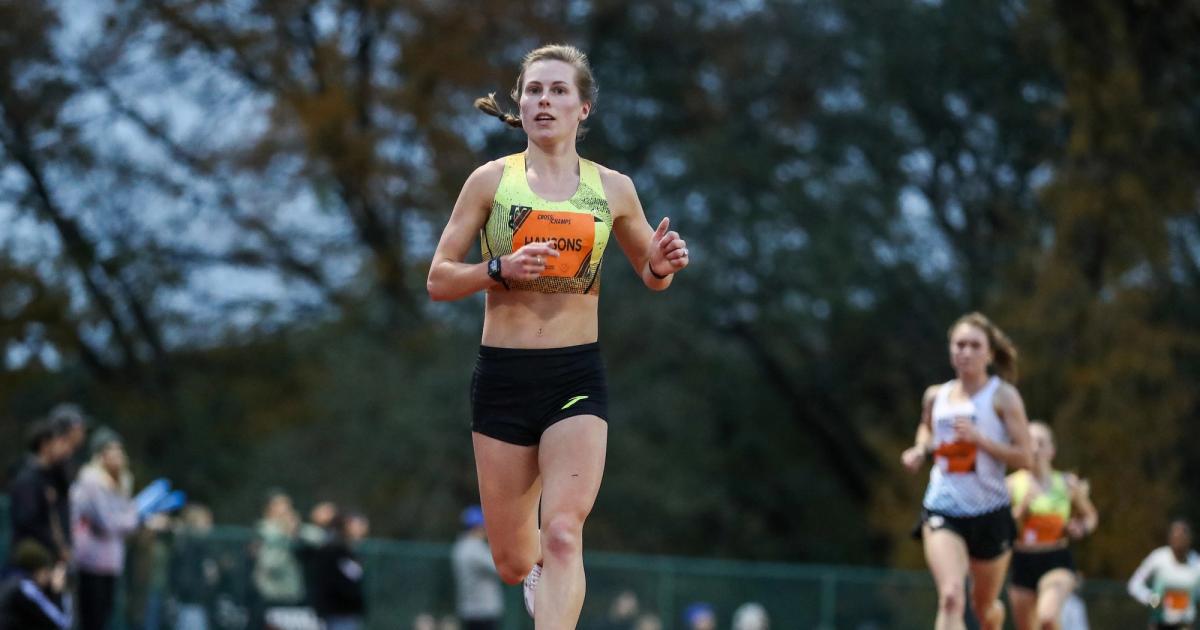By Kyle Merber
April 26, 2023
It is hard to believe that Kelvin Kiptum and the rest of us are operating on an even playing field – did he have to get up at 5:40 am to squeeze in a 25-minute run before heading into the office to kick off the week? If you’re the most talented marathoner of all time – and this 23-year-old might just be that – then maybe having a bad case of the Mondays simply doesn’t impact performance.
Leading up to the Boston Marathon my go-to quip when discussing the favorites was, ‘is Valencia a real place?’ in reference to Amane Beriso’s 2:14:58 there, which seemingly had come out of nowhere. Well, Bersio’s performance was further validated when she finished second to Hellen Obiri, granted it was in a time seven minutes slower than what she ran in Valencia. Compared to most major marathon courses that are designed to run past major tourist attractions, or to hit every borough, this seaside Spanish city was seemingly built with elite runners in mind.
The Valencia Marathon is responsible for five of the top 15 fastest times ever on both the men’s and women’s sides. But it hasn’t historically attracted the big names, instead operating more like a minor league testing ground. The formula goes: prove yourself in Valencia, then get your appearance fee from a major. That’s what 2020 champion Evans Chebet did after running 2:03:00, at least.
Kenya’s Kelvin Kiptum only had one marathon to his credit entering Sunday’s London Marathon, but it was a doozy. Prior to winning his debut at the distance in Valencia last December in 2:01:53 – the third fastest marathon ever – 99% of you would have never heard his name. He appeared seemingly out of thin air in 2018, bypassing the track entirely, with his first result (according to the World Athletics database) being a win in 1:02:01 at the Eldoret Half Marathon. Not a bad start for the then 18-year-old!
Before Kiptum’s debut, he had run six half marathons under the hour mark, with a best of 58:42 (in Valencia – where else?). And although he did beat the defending world champion Tamirat Tola, it wasn’t the full field of a World Marathon Major. That was the storyline heading into the London Marathon: he’s run fast, but aside from a big name here or there, hasn’t beaten a top-tier field.
One of the many excuses that Kipchoge-heads came up with after Boston was that the Nike rubber didn’t grip well in the rain in comparison to the Adidas tire-inspired tread. With wet conditions in London, that theory would be put to the test and ultimately dispelled. At one point in the broadcast, I overheard the commentator mention that London is not considered a fast course – which is false. It’s not Valencia, but the world record has been run there on seven occasions!
And when a pack of eight came through halfway in 61:40, it was clear something special – Valencia-level special, even – was happening. Around mile 19, Kiptum missed his bottle and responded by throwing down a violent surge to break away from the field. Like, imagine you're a marathoner. You're prancing along. You get thirsty. You spot a little water table. You put your little runner lips to the cool clear water… bam! A fucking bullet rips off part of your head! That’s what happened.
Kiptum ran 27:50 for that 10K, and it was never more obvious that he is self-coached than it was at that moment. He would not stop looking back and there was no old Italian man waiting to yell at him afterward for doing so. It was also demonstrative of how inexperienced he is in the marathon. A seasoned veteran would know there won’t be a soul coming with you en route to a 59:45 second half. Notably, 2:01:25 is the second fastest time ever, and Kipchoge’s world record of 2:01:09 was set in a much different way; his second half was 61:18.
Now just one week after I felt quite certain about Evans Chebet being the world’s best marathoner, Kiptum has cast a whole lotta doubt over that belief. We only have two points of reference for Kiptum, and as much as we want to use head-to-head wins as the driving data point, it is hard to ignore the pure sex appeal of a career batting average of 2:01:39.
The margin of victory over Geoffrey Kamworor (2:04:23) was almost three minutes, which is significantly greater than Chebet’s 10 seconds over Geay. Now Kamworor hasn’t been in this form since winning New York in 2019, but his body of work is certainly more impressive. My highly scientific Twitter poll found that 52% of track fans give Kelvin Kiptum the edge, and 48% favor Evans Chebet. The debate will press on until the two finally meet, perhaps in Berlin. The winner will undoubtedly be the best marathoner in the world, and likely the fastest ever.

Kyle Merber
After hanging up his spikes – but never his running shoes – Kyle pivoted to the media side of things, where he shares his enthusiasm, insights, and experiences with subscribers of The Lap Count newsletter, as well as viewers of CITIUS MAG live shows.



